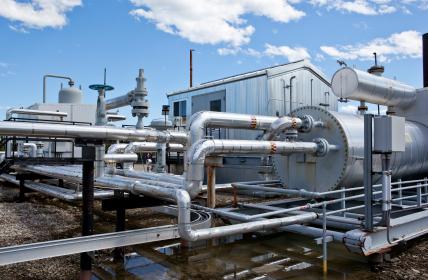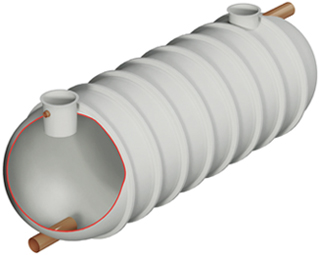 Wastewater treatment is one of the most important infrastructures in the UK. It’s a round-the-clock system that goes largely unseen by the public, but one that impacts our daily life.
Wastewater treatment is one of the most important infrastructures in the UK. It’s a round-the-clock system that goes largely unseen by the public, but one that impacts our daily life.
If you’ve ever wondered what wastewater treatment is, how it works and what exactly goes into maintaining healthy, usable water for us all, all you need to do is read on below!
What is wastewater treatment?
Wastewater refers to any water that has been used and is no longer suitable for consumption or further use. The water that is flushed down our toilets, sinks, baths and showers is wastewater, and wastewater treatment is the process of converting that wastewater back into usable water. Rainwater and drainage runoff – along with water used and produced in industrial settings – also fall into the wide wastewater category.
The wastewater treatment process is multifaceted, with wastewater requiring extensive attention before it can return to the water cycle.
What is involved with wastewater treatment?
Polluted water comes from a range of sources, so treatment requires numerous steps to ensure pollutants of all kinds are fully removed. Each step is designed to remove different amounts and sizes of pollutants, with the wastewater becoming progressively cleaner after each one.
The first step is the wastewater finding its way to a treatment plant via the sewers. After that, the typical steps are:
- Screening: The preliminary treatment step is focused on removing all the unflushables that still manage to make it into the drains. This includes a staggering amount of refuse, including nappies, sanitary items, face wipes, plastics, cans, bottles and more. These items can damage the treatment machinery if not removed at this early stage. Grit washed into drains from roads and urban environments are also removed during the screening stage.
- Primary treatment: Once the unflushables have been removed, the next target is all the other larger deposits of dirt and sediment. Primary treatment involves sediment tanks. These tanks separate the remaining solid matter – primarily human waste – from the water. The solid waste is deposited at the bottom of the tank, manifesting as a sludge.
- Sludge treatment: The sludge that is formed in the primary treatment stage is pumped out of the tank and treated further. The treated sludge can be reused after this stage. Commonly, the sludge is used by farmers for fertilisation of fields.
- Secondary treatment: This stage removes smaller solids from the remaining wastewater. Also known as biological treatment, the water here is filtered and bacteria is introduced to break down the remaining solids.
- Final treatment: The final treatment stage is where the water, now almost completely clean, is processed once more in a large treatment tank. Any leftover solids sink to the bottom of the tank and are removed. This leaves behind the clean, treated water which is now ready to be distributed back into the rivers or ocean.
The wastewater treatment process is a constant procession of filtration, purification, and distribution. Treated water is regulated to the strictest standards, and is regularly tested to ensure treatment plants are working effectively and efficiently.
Domestic wastewater treatment
For households that don’t have a connection to a main sewer network, a domestic treatment tank is used. These underground tanks separate solids from the wastewater over time. The cleaned water is then discharged back into the earth where it is naturally absorbed and processed.
Domestic systems require regular attention to prevent sludge from building up and to prevent the surrounding area from overflowing with wastewater. This also prevents backups in your toilets and sinks. To ensure the highest quality domestic water drainage and treatment, a reputable drainage contractor is required.
Wildon UK are proud to provide an efficient and reliable service to customers throughout Stoke–on–Trent, Staffordshire and the rest of the UK. We can help with any drainage problem, including the installation, repair and maintenance of a suitable septic tank or wastewater treatment tank for your property. To find out more about our services, don’t hesitate to get in touch with us today.
Go back to








